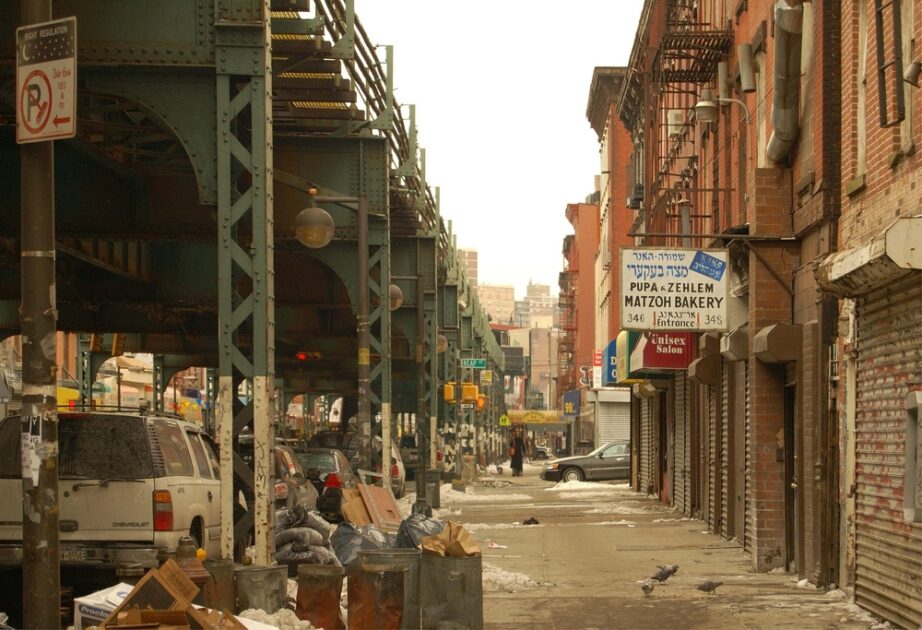Social media and positive change
Niamh explains why she thinks social media can be used to create positive change.

Social media gets a lot of bad press. And rightly so! An unhealthy addiction to social networking sites is associated with mental health issues, low self-esteem, and physical inactivity in addition to other social problems. However these sites can be used as tools of immense positive change as well.
The summer of 2014 was undeniably dominated by one single online hashtag; #alsicebucketchallenge. The ALS Association website describes the symptoms of ALS as the “progression of weakness, wasting and paralysis of the muscles of the limbs and trunk as well as those that control vital functions such as speech, swallowing and later breathing generally follows.” A pretty grim disease and those who suffer from it require constant care. Endorsed by celebrities the hashtag quickly took off and reached an audience estimated at 95 million. From July 29th to August 25th, the ALS Association received $79.7 million dollars, a 3000% increase on that period the year before. Lionel Messi’s ice bucket challenge alone had over 400,000 likes.
Another trend which highlighted social media’s ability to turn people’s generosity into action was the #NoMakeUpSelfie. The movement sprang up overnight and saw thousands of women (and some men) post photos of themselves without make-up and, subsequently, men posting photos (of themselves) with make-up. A staggering one million euro was raised for the Irish Cancer Society. Social media enables people to unite instantly and effectively for a good cause and the results are incredible. The money will fund a nationwide breast cancer research project, co-ordinating Ireland’s leading cancer researchers to improve treatment. One in ten women will be diagnosed with breast cancer and 80% of those will beat it.
These movements had huge financial ramifications, covered by mainstream media and trended globally and nationally. In the past two weeks I have witnessed an international community work to help a local New York community because of the actions of a single man on social media.
If you’re a fan of social media, it’s likely that you’ve stumbled upon one of Brandon Stanton’s photographs. As the creator of the popular ‘Humans of New York’ blog, Stanton offers the world an interesting glimpse into lives of the diverse inhabitants of New York City through portraits and a short description or quote.
On January 20th, one of those inhabitants was 13 year old Vidal Chastanet from Brownsville, an area in Brooklyn with the highest crime rate in New York. Stanton asked Vidal a simple question; “Who’s influenced you the most in your life?”
Vidal’s response, praising his principle Ms Lopez, elicited such a strong social media reaction that Stanton uncharacteristically followed up and visited Ms Lopez. There he began to profile her school, Mott Hall Bridges Academy, photographing various teachers and students and transcribing their stories. A marvellous idea began to emerge. Stanton in collaboration with the school set up an online fundraiser to finance a class trip to Harvard every year. The aim of this was to create a culture where not only did every child feel they had the potential to succeed but were expected to succeed. At the end of his posts, Stanton asked the ‘Humans of New York’ followers to donate if they felt they could. In five days 34, 893 people donated from all over the world and gave over one million dollars. Ms Lopez received letters of congratulations and messages from people volunteering to mentor students from New Zealand, South Africa, England and a host of other countries.
Needless to say, this has forever changed the Brownsville community.
Social media gave this man the platform needed to shine the spotlight on a school brimming with potential but struggling without help and enabled a global community to unite and aid financially and personally the staff and students. As I write this a new trend has emerged, #SmearforSmear. Initiated by ‘Jo’s Cervical Trust’, it encourages women to post pictures of themselves on social media with their lipstick smudged across their face. The campaign hopes to emulate the success of the ALS Ice Bucket Challenge and the No Make-Up Selfie and to remind women to get regular smear tests to prevent cervical cancer. With celebrities such as Georgia May Jagger, Cara Delevingne and Rita Ora already involved, the hashtag looks set to hit the big time in the coming weeks.
These instances illustrate Social Media’s propensity not only to change people’s lives but to save them.
Feeling overwhelmed and want to talk to someone?
- Get anonymous support 24/7 with our text message support service
- Connect with a trained volunteer who will listen to you, and help you to move forward feeling better
- Whatsapp us now or free-text SPUNOUT to 50808 to begin.
- Find out more about our text message support service
If you are a customer of the 48 or An Post network or cannot get through using the ‘50808’ short code please text HELLO to 086 1800 280 (standard message rates may apply). Some smaller networks do not support short codes like ‘50808’.






